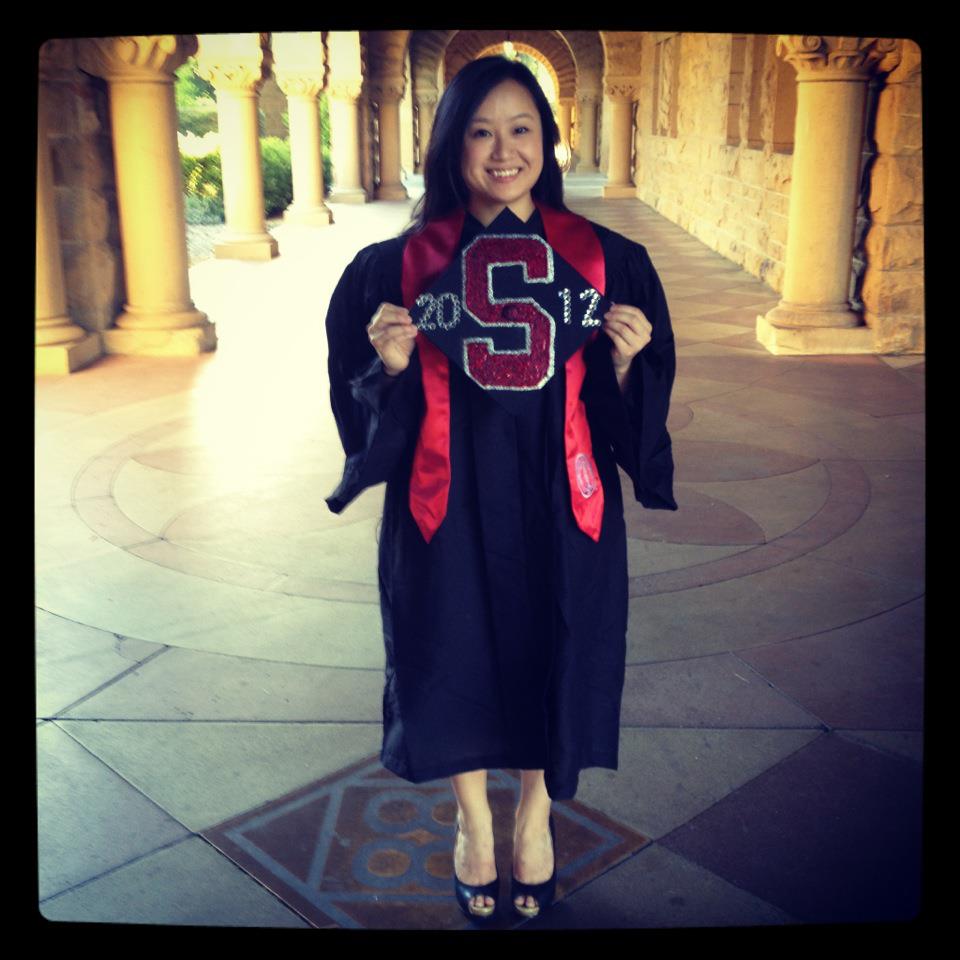Yesterday, on a rare sunny afternoon in Paris, a group of students from all over the world gathered at the Shangri-La Hotel and, receiving diplomas, tall white hats and medals hung from an iconic blue ribbon, became chefs. With speeches from the school's director and guest Pascal Niau, executive pastry chef of the esteemed Dalloyau, it was a ceremony to mark the transition into a new phase. Some will go on to be interns, starting at the bottom rung of the restaurant industry ladder, others back home to join family businesses, a few to graduate programs in management, and still a handful undecided.
Less than a year ago, I also crossed in front of a group of peers and loved ones to receive a fancy piece of paper with my name on it, shake hands, and have my picture taken while wearing a funny hat (though that time it was flat, black and square). That, too, was a symbolic and momentous occasion, but even after I returned to my seat and was thereby officially "done," I wasn't sure that I felt any different.
It's strange to think that after almost 18 years of being a full-time student (I started kindergarten when I was 4 and have never taken a gap year), I am no longer one. I'll miss the formalized setting of the classroom, but for a while now I've been anxious to work - to actually do things that previously I only learned about and discussed with teachers. Looking back I've begun to appreciate all those experiences that, while being an integral part of school, are beyond the confines of formal education; in other words how I've changed. If you asked me 2 years ago whether I was prepared to move miles and oceans away from friends and family to a place where I didn't know anyone, I would have said no. And although it hasn't always been easy, I've made it work and the experience has definitely made me grow in ways that I probably wouldn't have if I had been at home.
I won't necessarily rule out more schooling in the future, but for now this is a good time to stop. My internship starts on Tuesday and I'm both dreading (mostly the part where I have to wake up around 5am) and anticipating the 40-hour work week. After spending a lot of my childhood wishing I were a "grown-up," now I wish I could put it off a little longer.




